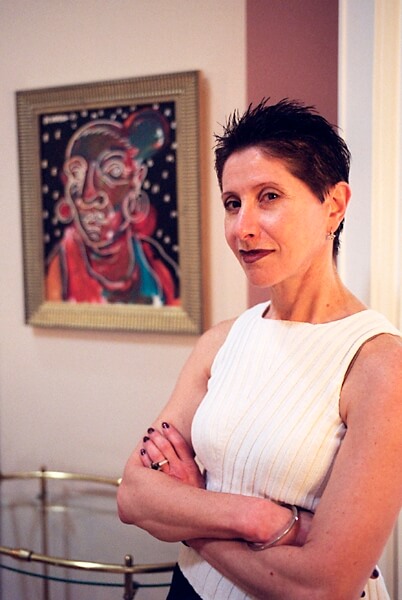Thirteenth International Summer School on Mind, Brain and Education
2018 October 16–20
Migrants and Refugees in the 21st Century: Children in and out of schools
Directors of the School:
Kurt W. Fischer, Antonio M. Battro and Sebastián J. Lipina
Director of the Course: Marcelo Suárez Orozco
Program Officer of the School: Lula Majdalani
Harvard University (USA)
Doris Sommer, Director of the Cultural Agents Initiative at Harvard University, is Ira and Jewell Williams Professor of Romance Languages and Literatures and of African and African American Studies. Her academic and outreach work promotes development through arts and humanities, specifically through “Pre-Texts” in Boston Public Schools, throughout Latin America and beyond. Pre-Texts is an arts-based training program for teachers of literacy, critical thinking, and citizenship. Among her books are Foundational Fictions: The National Romances of Latin America (1991) about novels that helped to consolidate new republics; Proceed with Caution when Engaged by Minority Literature (1999) on a rhetoric of particularism; Bilingual Aesthetics: A New Sentimental Education (2004); and The Work of Art in the World: Civic Agency and Public Humanities (2014). Sommer has enjoyed and is dedicated to developing good public school education. She has a B.A. from New Jersey's Douglass College for Women, and Ph.D. from Rutgers University.

Pre-Texts: A global weave of art and admiration
Pre-Texts works anywhere to promote Literacy, Innovation, and Citizenship, because the approach combines a neutral protocol for making art with the content of your choice, including curricular requirements. Participants decide on interpretive art forms (often recovering local traditions), so that difficult or boring material becomes mere stuff for rap, dance, menus, murals, fashion, theater, etc. They have fun and even take revenge on a text, which means a weave whose threads can loosen and tie up in different ways. In the process, students read deeply, practice critical distance, make personal connections, and admire the diversity of results among classmates. Simple and profound, Pre-Texts develops three interlocking areas of human development - cognitive, creative, socio-emotional – in activities that seasoned educators find familiar. People learn through play, after all; and pleasure is a condition [also an effect] of real learning. We ignore these traditional observations, confirmed by neuroscience, when pedagogies focus on one or another dimension of development. But Pre-Texts, in the tradition of John Dewey, Maria Montessori, and Paolo Freire, demonstrates how naturally and productively literacy, innovation, and citizenship go together and achieve the holistic education that the 21st century demands.















